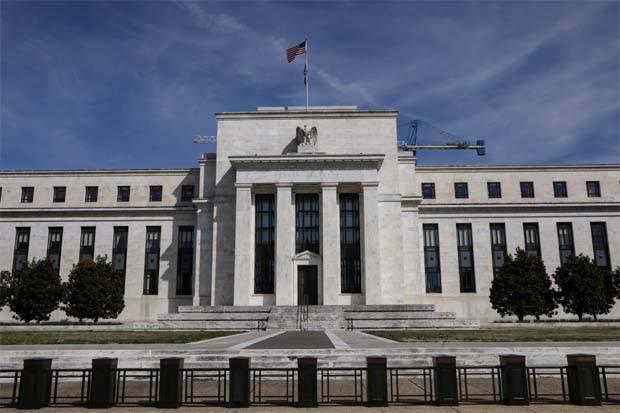WASHINGTON: The World Bank’s newfound interest in democracy movements, inspired by the Arab Spring revolts, have not left all its members happy — some object to the development lender getting mixed up in politics.
"We should remember that the revolution in Tunisia started with the self-immolation of a fruit seller who was harassed by authorities," World Bank president Robert Zoellick said Thursday as the Bank’s spring meetings with the International Monetary Fund got underway.
The Bank, he promised, would help Tunisia "limit the arbitrary imposition of regulations and red tape."
Zoellick’s remarks built on an agenda he laid out on April 6, calling for "a new social contract" for development and a redefinition of multilateral aid in light of the Arab Spring.
"Our message to our clients, whatever their political system, is that you cannot have successful development without good governance and without the participation of your citizens," he said.
"A modernized multilateralism needs to recognize that investments in civil society and social accountability will be as important to development in the Middle East and beyond as investments in infrastructure, firms, factories, or farms," he said.
"They may sound political, but they are certainly economic."
That expanded mandate was endorsed Saturday by the Bank’s powerful Development Committee, with support from some — but not all — members.
"Freedom is a principal value for development policymakers," said Dirk Niebel, Germany’s minister for economic cooperation and development.
The revolutions in Tunisia and Egypt and pro-democracy unrest in the Arab world "are a powerful confirmation of the fact that development must come from within," he said.
France, which holds the presidency of the powerful Group of 20 economies this year, gave its full-throated support.
"If priority is to be accorded to inclusive and sustainable growth, issues of justice, security, and employment, particularly in the private sector, can no longer be addressed separately," said the French finance minister, Christine Lagarde.
US Treasury Secretary Timothy Geithner said the "fundamental changes" taking place in the Arab crescent "provide a historic opportunity to expand the circle of democratic societies," and welcomed the World Bank giving "direct support of democratization in these countries."
Support also came from some developing countries, such as Zimbabwe, whose finance minister Tendai Biti said the "accent should be placed on the need to build confidence and strengthen institutions while focusing on security, justice, and jobs."
But dissenting voices sounded from Russia and Saudi Arabia.
"The Bank should remain strictly out of politics," Russia’s finance minister, Alexei Kudrin, declared.
"We see it as a major advantage of this institution, the source of trust and the basis of cooperation between the Bank and the members who rely on its support," he added.
Saudi Arabia’s finance minister, Ibrahim Assaf, called the strategy "an interesting agenda," but stressed it is "critical" that the World Bank operates "within its non-political mandate."



